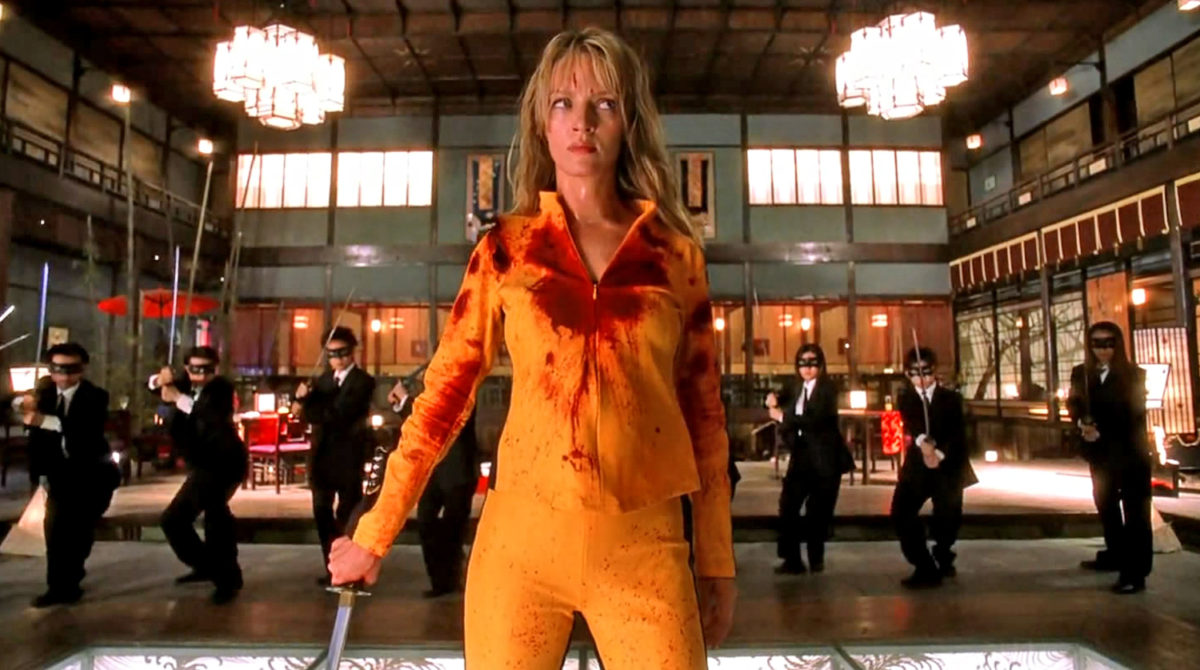Facebook is an invention born of outside-the-box thinking, a tool created by a talented, Harvard-educated computer wiz bent on facilitating millions of hook-ups despite, or, more likely, because of, his paucity of sizzling dates. The movie about the invention, “The Social Network,” is as powerful a creation as its subject, a film that transforms the brainy into the sexy, relegating the typically popular hunks to no-brained, whiner status.
Writer Aaron Sorkin and director David Fincher have succeeded in capturing the origin story of the most innovative communication mode of the 21st Century.
Mark Zuckerberg (a brilliantly nervous, unflinchingly brave Jesse Eisenberg) is way too smart for Harvard, but a dud in the dating department, with a popularity obsession that borders on savantism. Though it’s unclear if this drive to be accepted was really the center of Zuckerberg’s life, what’s abundantly clear is the guy had a spotless brain from a young age, the kind of mind that yields a perfect score on the SAT. This level of genius launches him to billionaire status in his early 20s, but the journey to the top is fraught with grief, including two lawsuits from fellow Harvard students. One of the most interesting things about the Zuckerberg character study is the fact that, though he’s supposedly chasing approval, he remains a man more interested in work than parties.
The first lawsuit is brought against Zuckerberg by the ridiculously handsome crew team duo of Cameron and Tyler Winklevoss (Armie Hammer plays both hunky twins), who claim the scrawny nerd stole their idea. The second lawsuit is brought by Eduardo Saverin (Andrew Garfield), Zuckerberg’s best friend and fellow geek, who gets cut from his CFO role in the company when Napster legend Sean Parker (Justin Timberlake) jumps on board and devises duplicitous double-dealings to sink the straight-laced co-founder.
The film cuts from the legal proceedings to the early days of Facebook, when Zuckerberg and Saverin begin to see a big future in what was then called The Facebook. Enter Parker, who convinces Zuckerberg to move to Silicon Valley and think like a billionaire, not a millionaire. Saverin, who heads to New York to sell advertising space, scoffs at Parker’s larger-than-life ideas, but Zuckerberg thinks Saverin’s by-the-book, old-school business practices are way too weak for his cutting-edge concept. Parker lures Zuckerberg west, tells him to lose the article and go with “Facebook,” and the money starts pouring in from big-time investors. It’s heartbreaking to see Saverin get left behind, but the compelling part of the screwed-over-friend scenario is that the snub seems simultaneously cruel and necessary.
Some of the most powerful dialogue comes during the legal proceedings, when Zuckerberg defends himself against the brawny twins and his deeply hurt ex-best friend. It’s in these scenes where the urgency to discern who’s right and who’s wrong is heightened. Is Zuckerberg a cool, calculating jerk or an innocent kid whose gigantic idea eclipsed his sense of loyalty, compassion and honesty? Though it’s easy to root for Zuck against the twins, mostly because of Sorkin’s wonderful writing (“If you guys were the inventors of Facebook, you’d have invented Facebook”), it gets more hairy when he’s up against Saverin, a friend who was an ill fit for the company, but whose gripe comes off as completely justifiable.
In the end, the film doesn’t build a case for or against Zuckerberg; it focuses on the messy by-products of pioneering thinking and entrepreneurship.













